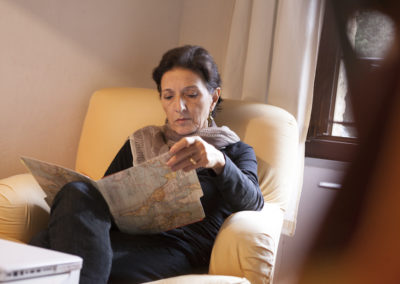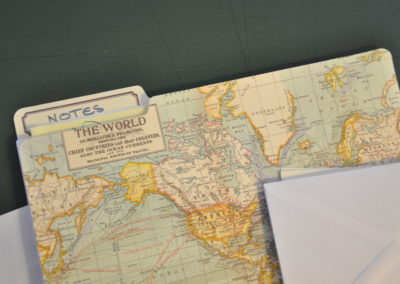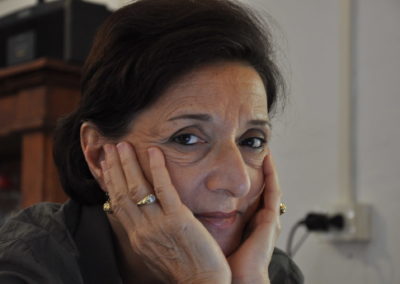Lynn Freed
(1945 – 2025)
In this sublime setting, worlds removed from what passes for normal life, taken care of as guest and in the company of others for lunch and dinner daily, for drives, shopping, conversations of every sort, I have found not only the peace to write willingly, but the way to end a novel that has been with me for too many years.
From “Embracing the Alien” in READING, WRITING & LEAVING HOME: LIFE ON THE PAGE:
There is an odd lag between playing the life and writing around it. By the time I was writing The Bungalow. the longing to return to South Africa had died down. I was reconciled. More than reconciled, I began to understand that it was no accident that I had chosen to stay on in America. In America, I could play myself, free of the sort of colonial categorising that I would have had to overcome in England (a South African, a Jewish South African). In addition, I now had an American child, American friends. I was an expatriate, living in America. And that is where I would remain.
I have never understood the concept of assimilation, not for myself anyway. How would I disappear into America? And why would I want to? As a writer, I need the specifics, I need the differences. I also need the distance at which I keep myself from my subject, from my life, past and present. I have always needed this. If I have learned the language of life in America, if I have made friends here, and found in them a generous audience for the performance of my life, then this is what I have become, what I have always been, in fact: a performer of myself.
Just after finishing The Bungalow, I went out to South Africa, accompanied by two American friends. In my twenty-five years in America, this was the first time I had taken anyone other than my daughter home with me. When we reached Durban, I took my friends to see the house in which I had grown up, where my father had grown up before me – a colonial, pillared splendour, commanding a ridge high above the city. As we stood on the upstairs verandah, looking out over the city and the bay, the Indian Ocean beyond, one friend turned to me and said, “How could you bear to leave this place?”
I stared at her. No one had ever asked me this before. And yet, of course, it was a question I had been asking myself all my life. Being asked it now, though, and by a dear and intimate friend, brought the whole issue back de novo, all the deep and suspect sadness of my self-imposed exile.
And then suddenly, standing there on the old verandah, I saw my bifurcated life for what it was: as a failure of daring. I had not dared to remain. More than this, I had been a show-off in my leaving. And I was still showing off — leaving there, leaving here — keeping the truth for the writing itself, hiding it away like a criminal. For what is writing, after all, but a bid for the truth? And what is truth if not the life at the very heart of failure?



